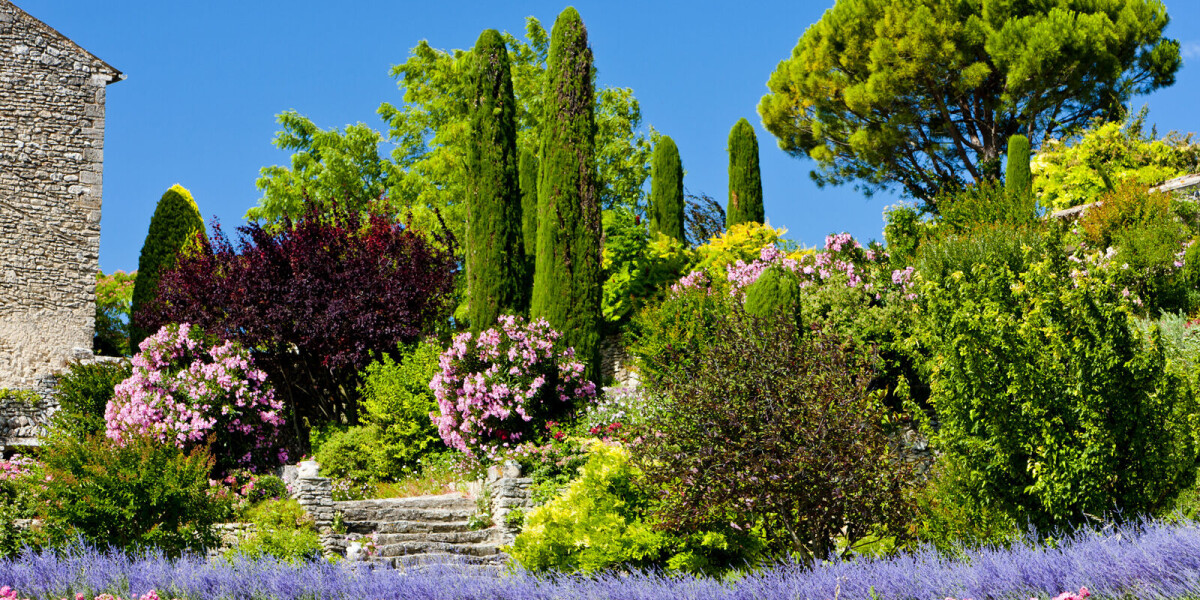
The trees in your french garden have a worth - here is how to value them online
- Select a language for the TTS:
- UK English Female
- UK English Male
- US English Female
- US English Male
- Australian Female
- Australian Male
- Language selected: (auto detect) - EN
Play all audios:

OWNERS OF PROPERTIES CAN SEE VALUES RISE THANKS TO TREES, SIMILARLY TO GARAGES OR BARNS A new web tool, developed in partnership with tree surgeons and green groups, can help home owners put
a cash value on the trees in their gardens. The tool was originally designed to help councils learn more about local trees and avoid any cuts or changes for no reason. It can also be used
as a base for cases that go to court when trees are damaged. However, it has now been extended to property owners. Notaires recognise that trees can add value to property in the same way as
garages or barns. Read more: Recycling in France: How to give your Christmas tree a second life COMPLEX BUT EXPLANATORY The web tool is complex to use, but comes with explanatory notes.
Technical terms such as houppier (the area covered by the crown of a tree) are explained, as well as the best way to measure it. Links to associated websites allow common plant names to be
identified by scientific names, which are needed for the tool. A rough trial of a 12m horse chestnut in a garden gave it a lifetime value of €18,970, with the report including details such
as its likely lifespan (200 to 250 years) and the fact it could grow to a height of 20m. Augustin Bonnardot of CAUE 77, one of the associations that developed the tool, said: “It is not the
value of the tree if it was bought in a nursery or garden centre, but that which takes into account its value over the years.” For homeowners struggling to accurately identify, measure
and/or describe a tree, members of the trade body Groupement des Experts Conseils en Arboriculture Ornementale can help for a fee. Insurance firms do not accept reports generated by the tool
for claims but it is possible they could be added to court documents in disputes. So far, around 67 communes in France have adopted the Barème de l’arbre (baremedelarbre.fr) tool. If you
would like your commune to do so, you should approach your maire. REMARKABLE TREE Another way to put value on a tree is to have it classified as an Arbre remarquable by the ARBRES
association. So far, 750 trees are listed as having special status based on factors such as age, position, history or legends inspired by them. The group also has a second classification for
an Ensemble arboré remarquable, which uses similar criteria to classify woods. The classification lacks judicial value but it is recognised by the office of the secretary of state
responsible for biodiv-ersity, part of the vast ministry of ecological transition. To make an application, email [email protected], detailing why you believe it is exceptional. You must
attach a photograph of the tree and any linked historical documents. Read more: Photos: ‘How we prepare our garden in south-west France for winter’ LOCAL PLANNING Classification can help
individual trees or woods to be included as an espace boisé in the plan local d’urbanisme (PLU), which nearly all communes in France now use for local planning. Again, getting support from
your local mairie is key – it and the council can push to have the change made at the next review of the PLU, or even call a special meeting to discuss the matter. In rural areas, this might
take time as much of the administration of PLUs has been transferred to unelected communauté de communes structures, which are notorious for being slow to do anything. Including a tree or
wood as an espace boisé in the PLU means that developments that threaten it should be banned. Permission is also needed, through the mairie and departmental bodies, for any trees to be cut
down in the area. Read more: Explore the spectacular natural amphitheatres of France
